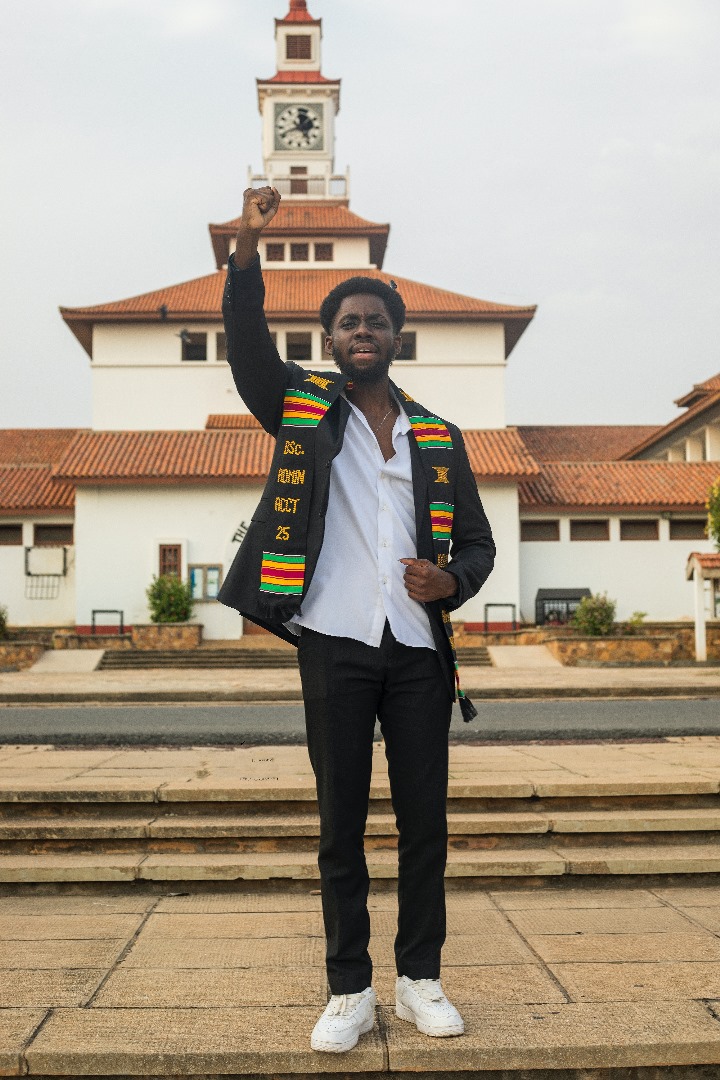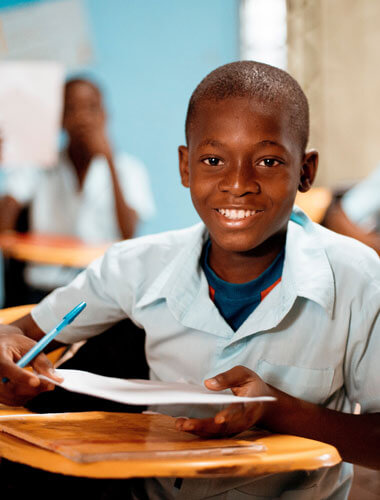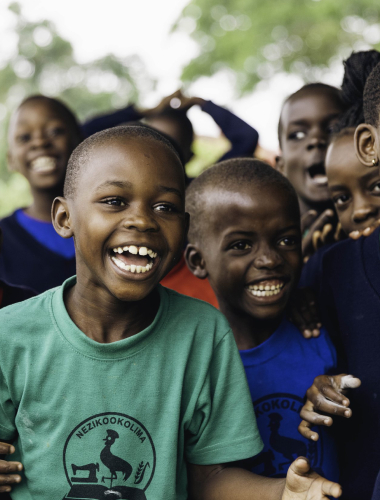Education in Ghana
EDUCATION IN GHANA

Ghana education system
The education system in Ghana is based on a 6-3-4-4 system, which means:
- 6 years of Primary Education: This is for
children aged 6 to 12. It covers basic subjects like
Mathematics, English Language, Social Studies,
Integrated Science, and more. - 3 years of Junior High School (JHS): This is for
students aged 12 to 15. It builds on the foundation
laid in primary education and introduces more
specialized subjects. - 4 years of Senior High School (SHS): This is for
students aged 15 to 19. Students here choose
between three tracks: General, Technical/Vocational,
or Pre-University. The General track includes Science,
Arts, and Business courses. - 4 years of Tertiary Education: This typically
includes universities, polytechnics, and other higher
education institutions.
Cost
Public schools
Public schools in Ghana generally have lower tuition fees compared to private schools. However, the cost of education in public schools can still vary depending on the level of education (primary, junior high school, senior high school, or tertiary) and other factors. Here’s a rough estimate of the average annual fees for public schools in Ghana.
- Public Primary Schools: Tuition fees for public primary
schools are generally lower compared to private schools. The
government aims to provide tuition-free primary education,
but there may still be some minimal fees for things like
textbooks, uniforms, and PTA (Parent-Teacher Association)
contributions. - Public Junior High Schools (JHS): Under the Free
Senior High School (SHS) policy introduced by the
government, public JHSs are supposed to be tuition-free.
However, students may still incur costs for uniforms,
textbooks, and other school supplies. - Public Senior High Schools (SHS): The government’s
Free SHS policy covers the cost of tuition and some other fees
in public SHSs, making them more affordable for students.
However, students may still need to cover expenses for
uniforms, textbooks, and personal items. - Public Tertiary Institutions: Public universities and
colleges in Ghana charge tuition fees for their programs. The
fees can vary depending on the specific institution and
program. Tuition fees for undergraduate programs in public
universities can range from GHC 3,000 to GHC 8,000 or more
per academic year for Ghanaian students. International
students often pay higher fees.


Cost
Private schools
Private schools in Ghana can vary significantly depending on the school’s location, reputation, facilities, and the level of education (primary, junior high school, senior high school, or tertiary). Private schools in urban areas tend to be more expensive than those in rural areas. Here’s a rough estimate of the average annual tuition fees for private schools in Ghana
- Private Primary Schools: Tuition fees for private
primary schools can range from GHC 2,000 to GHC 10,000 or
more per academic year. - Private Junior High Schools (JHS): Private JHSs
typically charge tuition fees in the range of GHC 3,000 to
GHC 10,000 or higher per year. - Private Senior High Schools (SHS): Tuition fees for
private SHSs can vary widely but often fall between GHC
5,000 to GHC 20,000 or more per academic year. - Private Tertiary Institutions: Private universities and
colleges in Ghana have varying tuition fees depending on the
program and institution. Annual tuition fees for
undergraduate programs in private tertiary institutions can
range from GHC 10,000 to GHC 40,000 or more.
Cost
Int Private schools
Private international schools in Ghana are known for offering a high standard of education and often follow international curricula. Tuition fees for these schools tend to be higher than both public and regular private schools.
- Primary Level: Tuition fees for primary levels in private
international schools can range from GHC 10,000 to GHC
40,000 or more per academic year. - Secondary Level (Including Junior and Senior High
School): For secondary education, the fees can be
considerably higher. Tuition fees for the secondary level may
range from GHC 25,000 to GHC 60,000 or even higher per
academic year.


Cost of living
- Accommodation: This largely depends on the city or town. In
urban areas like Accra or Kumasi, monthly rent for a modest
apartment can range from GHC 800 to GHC 2,500 or more. - Food: Monthly groceries for a family can range from GHC 800 to
GHC 1,500 or more, depending on dietary preferences and family
size. - Transportation: This varies depending on whether the child uses public transportation, school transportation, or private means.
Monthly transportation costs can range from GHC 150 to GHC 400
or more. - Education Expenses: This includes items like uniforms, textbooks,
stationery, and any additional educational costs. Costs can range
from GHC 100 to GHC 400 or more per month, depending on the
level of education and school requirements. - Healthcare: This includes medical check-ups, vaccinations, and
any necessary medications. Costs can vary widely depending on
the child’s health and any specific medical needs.
